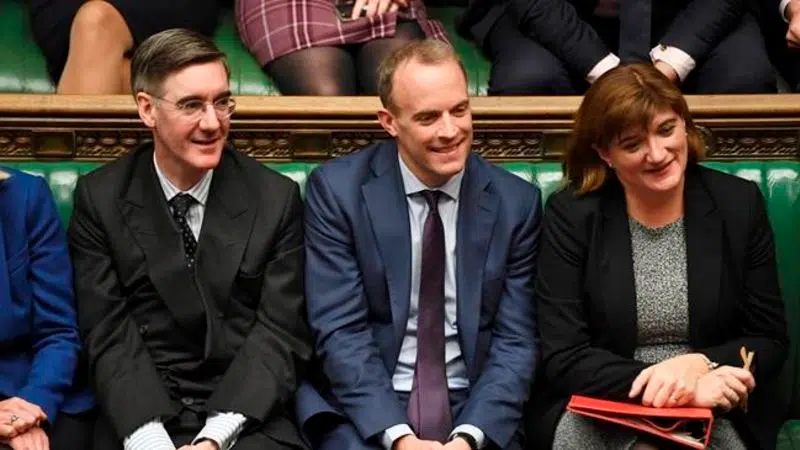
EU delays Brexit to Jan. 31; Johnson election bid fails
LONDON — Britain got Brexit breathing space but no clarity on Monday when the European Union granted a three-month delay to the U.K.’s departure from the bloc, postponing it until Jan. 31.
British politicians immediately began using the extra time to do what they have done for more than three years: bicker about Brexit.
Prime Minister Boris Johnson pushed for an early election as a way of breaking the political deadlock over the country’s stalled departure from the EU, only to be rebuffed by lawmakers.
Legislators voted by 299-70 for Johnson’s motion to hold a Dec. 12 election — short of the two-thirds majority of the 650 members of Parliament needed for it to pass.


